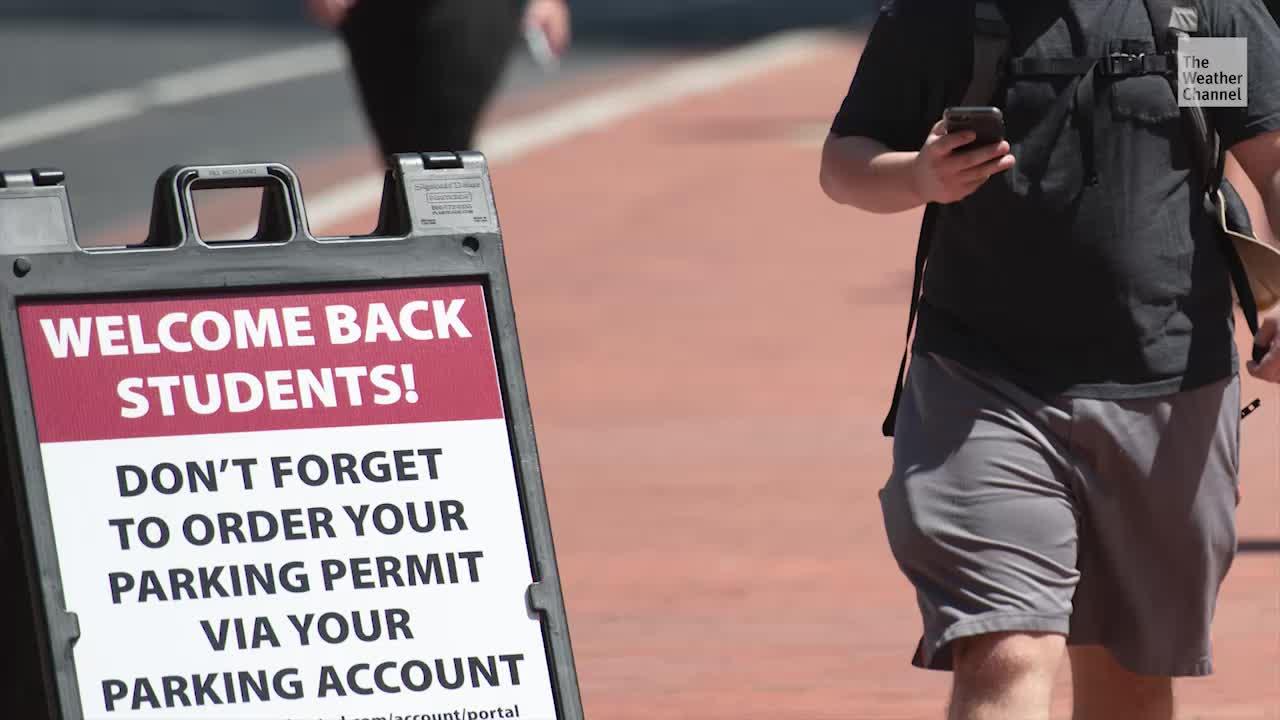
Could the coronavirus change the price of college tuition forever?
We’re well aware of the multiple ways in which the coronavirus pandemic has upended our lives. The disaster came on with a bang & escalated alarmingly, forcing the entire world to change the way we live, work, and even study. As we complete six months since the worldwide lockdown that brought everything to a standstill, we’re slowly moving into old routines with new rules.
For education, this has changed the meaning of the experience of going to college. Heading to the University is a rite of passage for many – in the academic sense – right from the application shenanigans to moving out of your home.

Education in the times of Corona
The landscape & the journey has changed massively in current times. Colleges are moving towards a remote learning or blended learning approach. The freshmen parties aren’t going to be the same when you have to observe social distancing. The face of campus networking & socializing will change. On-campus amenities & services will be available with a lot of restrictions.
In light of these unprecedented restrictions, one of the most agonizing yet justified debates is about the cost & value of higher education.

Feeling shortchanged
Ever since the lockdown began & classes pivoted to the online route, students have been expressing their dissatisfaction about not getting their money’s worth. They’ve been demanding partial tuition refunds, or expressed that they’d withhold tuition payments. And they’re not entirely wrong, considering that 55% of people under the age of 30 who go to college take on some debt for their education.
The student debt situation is extremely mind-boggling all around the world, but especially in the US. On one hand, the worth of getting a college degree is undeniable. On the other hand, the financial cost paid for the degree means that students remain in debt long after they’ve ceased to be students. The dissonance gets even clearer for certain fields like journalism, which might not pay great salaries when you first start off.
Me:
Joining online class*Turn off video cam* and sleeping again#Onlineclass #onlineclasses pic.twitter.com/l5lgKeWiR4— aen_ra (@AnnLagramada) September 7, 2020
It’s just not the same when it’s online
The debate & the dissatisfaction rests in the disagreement over the value & worth of a degree that’s completed online. Does the online mode of instruction have the same benefits as an in-person class?
The answer is an emphatic no. When you sign up for a traditional learning experience, a lot goes into the thought – the campus, the facilities, cutting edge-laboratories, the opportunity to socialize & network, and most importantly, living on campus. College residential dorms have been almost a rite of passage when it comes to American college life.

The argument is simple: if you are charging a tuition fee for on-campus, in-person classes, you should reduce the charges because your offering has changed. Even under the blended learning approach, you still don’t get the same campus experience. For example, you cannot work in large groups, you cannot engage in discussions with peers in the same way, or even engage in extra-curricular activities in the same way.
Students are calling this an inferior learning experience & using social media petitions to advocate for this. Around 450 Change.org petitions have reportedly been filed in the last two months concerning the issue of college & university fees.
From the Universities’ perspective
While the students feel that the tuitions aren’t fair on them, the schools are battling a crisis of their own. They’ve been hit by the pandemic as well, and to cover up the costs, they’ve no choice but to keep up the tuition fees.
In that sense, the relation between schools & students has become impaired & antagonistic. Students want a complete college experience & when they can’t get it – for external factors as is the case – they end up feeling as though they have to pay for the university facilities they can’t even access just because they want to graduate.
This explains the schools’ reactions when they were being sued by students to justify their offering in terms of cost. The schools’ attorneys have maintained that the pivot to online or remote instruction implies that the schools are doing their part in the bargain, dismissing the bases for students seeking refunds.




